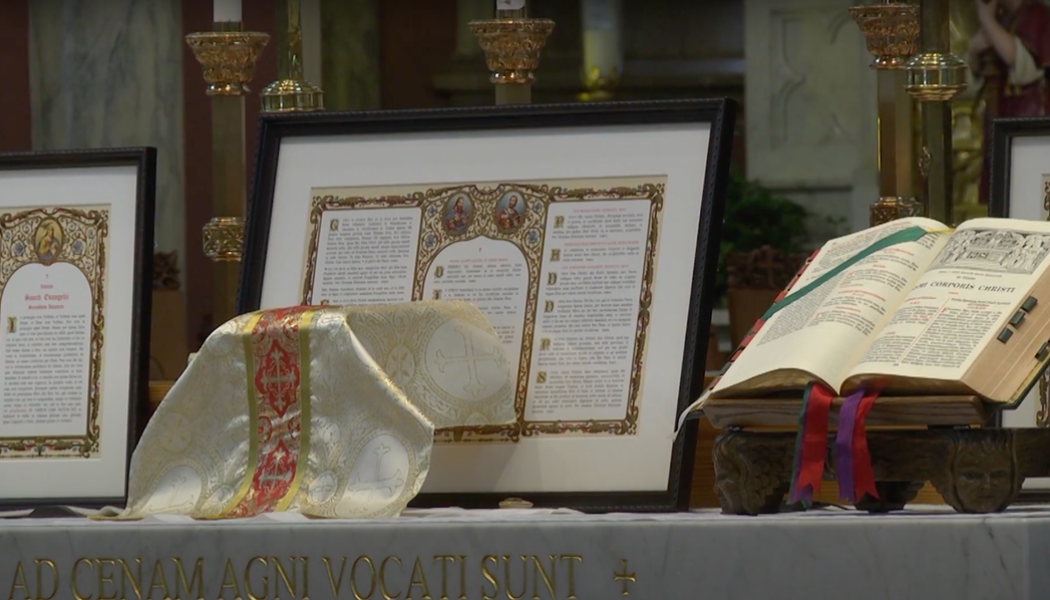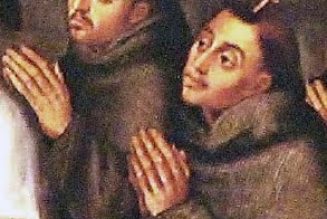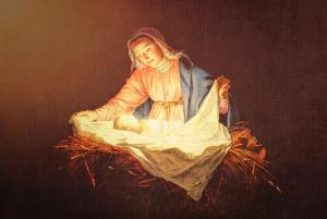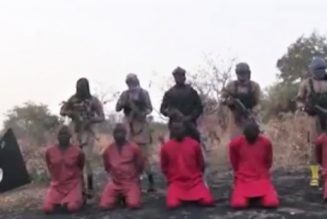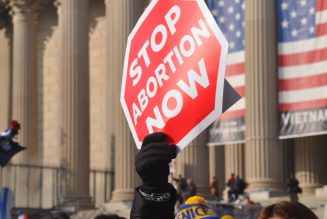The Vatican’s Congregation for Divine Worship issued on Saturday a set of clarifications to the pope’s Traditionis custodes, a July document which created new restrictions on the “Extraordinary Form” of the Mass, which uses the liturgical books promulgated before Vatican Council II.
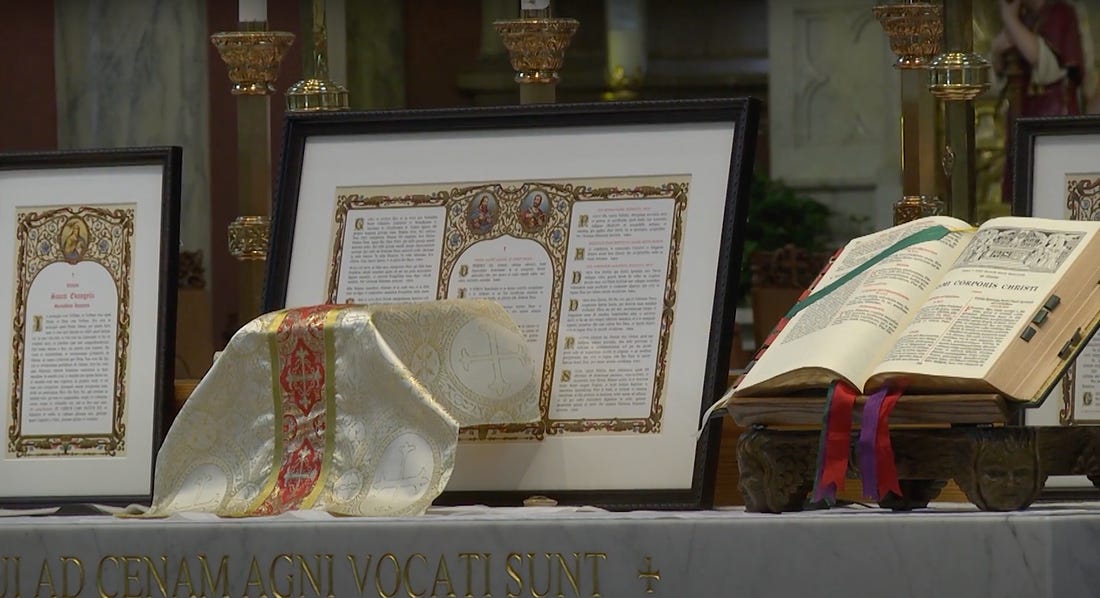
Framed as responses to 11 questions about the meaning of Traditionis custodes, the document issued Saturday offers a more restricting interpretation of the pope’s July policies than that which has guided the implementation efforts of some U.S. bishops.
So what did the Congregation say?
[Editors’ note: The term “Extraordinary Form” has been the standard phrase used in the Church to describe Mass and other liturgies celebrated according to the liturgical books which precede the Second Vatican Council. Since the promulgation of Traditionis custodes, the status of that term has become somewhat unclear. It is used in The Pillar’s coverage for the sake of editorial clarity.]
Parish churches
Traditionis custodes permitted bishops to designate “one or more locations” where the Extraordinary Form of the Mass could be celebrated in their dioceses. But with the exception of the churches belonging to personal parishes, the motu proprio said those locations could not be parochial churches.
In dioceses with numerous shrines, chapels, or other sacred spaces — think urban European dioceses — finding a place was easy. But in the U.S., where most designated sacred spaces are parish churches (few U.S. dioceses have a bunch of old shrines and oratories hanging around), such spots were hard to find.
So a number of U.S. bishops took it upon themselves to dispense from the “not parochial churches” provision of Traditionis custodes, and permit the Extraordinary Form in a few parish churches.
The CDWS said Dec. 18 that was not a permissible solution — that (except for personal parishes) parish churches could only be used for the Extraordinary Form with the permission of the Vatican. That response would effectively render moot the dispensations granted by U.S. bishops.
The Congregation said it would grant permission for the Extraordinary Form of the Mass to be celebrated in parish churches “only if it is established that it is impossible to use another church, oratory or chapel. The assessment of this impossibility must be made with the utmost care.”
When permission is granted, parishes are not permitted to include the Extraordinary Form Mass in the parish Mass schedule — that provision of the CDWS’ response marks probably the first time in history the Vatican has made specific prohibitions on what a pastor can write in the parish bulletin!
Need a primer on terms like “Extraordinary Form” and “Ordinary Form?” Not sure what “ad orientem” means, or why it matters? Read our Latin Liturgy Lexicon here.
A ‘personal parish’? What’s that?
Parishes are normally territorial communities of Catholics, led by a pastor, who worship in a parish Church. Canon law permits bishops to erect entities called “personal parishes” — which are parish communities defined not by geographic boundaries, but by some other quality: ethnicity, language, or, in some cases, spirituality. Over the past 20 years, some U.S. bishops have established personal parishes for Catholics who prefer the Extraordinary Form — and while Traditiones custodes did not abolish those parishes, it did prohibit bishops from establishing new personal parishes for adherents to the Extraordinary Form.
Most churches where the Extraordinary Form has been offered in the U.S. are not personal parishes — it has been more commonly offered in ordinary parishes, alongside the Ordinary Form, or in chapels entrusted to religious institutes which offer the Extraordinary Form, like the Priestly Fraternity of St. Peter. Only some of those chapels have been formally erected as personal parishes.
Sacraments
Mass may be celebrated according to the Extraordinary Form in non-parish churches or in the churches of personal parishes.
The following sacraments can be celebrated in the Extraordinary Form, with permission of the diocesan bishop, and only in personal parishes previously erected by the diocesan bishop:
-
Baptism
-
Penance
-
Marriage
-
Anointing of the sick
Funerals, which are not sacraments, can also be celebrated in the Extraordinary Form, in personal parishes and with permission of the diocesan bishop.
The following sacraments can no longer be celebrated in the Extraordinary Form in a diocesan context:
-
Confirmation
-
Ordination
The CDWS does not oversee religious institutes, and thus its response does not impede bishops from performing ordinations in the Extraordinary Form for members of institutes which celebrate the Extraordinary Form, such as the Priestly Fraternity of St. Peter or the Institute of Christ the King.
Individual priests
The CDWS offered a number of clarifications regarding individual priests who wish to celebrate the Extraordinary Form of the Mass:
— Priests who refuse to concelebrate the diocesan Chrism Mass in the Ordinary Form should not be given permission to celebrate the Extraordinary Form.
— Bishops cannot permit priests ordained after July 16, 2021, to celebrate the Extraordinary Form without permission from the Vatican.
That provision comes as a surprise, since the Vatican’s English translation of Traditiones custodes said that bishops needed to consult with the Vatican before giving that permission. But the CDWS said the Latin text is clear: Bishops must have permission from the Vatican before allowing newly ordained priests to offer the Extraordinary Form, not just ask the Holy See’s opinion.
— Bishops cannot permit their priests to celebrate the Extraordinary Form outside of their own dioceses.
That provision seems to reflect the pope’s notion that permission for the Extraordinary Form should only be given for the sake of a community, and not because of the preferences of individual priests.
—Priests who offer the Extraordinary Form are not permitted to offer it as their second Mass on weekdays.
In general, a priest is only permitted to offer Mass once each day. His bishop can allow him to offer it twice on weekdays, or three times on Sundays, “for a just cause, or if pastoral necessity requires it.”
The CDWS said it is not a sufficiently “just cause” that some Catholics might want to attend Mass in the Extraordinary Form, “since they are offered the possibility of participating in the Eucharist in its current ritual form.”
This provision of the CDWS’ response did not explicitly address Sundays. But since the CDWS said there is no “just cause” on weekdays, it seems plausible that the same reasoning would be thought to apply on Sundays as well. For now, individual bishops will have to make that decision.
Since most priests who offer the Extraordinary Form in the U.S. also offer the Ordinary Form, this provision could have the most restricting effect on the availability of the Extraordinary Form.
Does it bind?
Canon lawyers have already begun asking whether the responses of the Congregation for Divine Worship and Sacraments actually bind diocesan bishops.
While they certainly give some sense of the mind of the Vatican on the issues, canonists note that the responses do not indicate they were approved by Pope Francis in forma specifica — and thus, they might not actually have the canonically legal effect of “authentic interpretations.”
Others suggest that the pope extended legislative authority over Traditionis custodes to the Congregation in article 7 of his motu proprio. While that’s not stated explicitly in the text, it might not be germane, since in order to be taken as binding norms, the Congregation’s responses would need to be published in the Acta apostolica sedis — the official legal journal of the Holy See.
Whether or not they bind, they seem to give a clear sense of the Vatican’s intention. What remains to be seen is whether the U.S. bishops who have interpreted Traditionis custodes very differently will amend their policies, or if instead, some might raise the legal question of the document’s authority.
Join Our Telegram Group : Salvation & Prosperity
